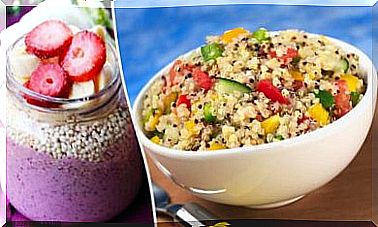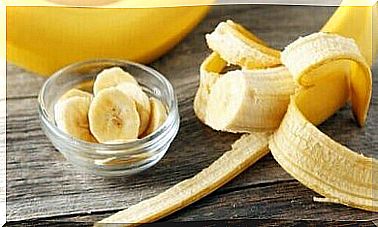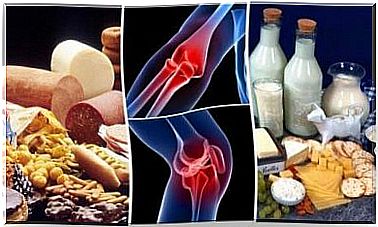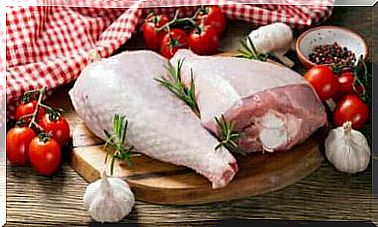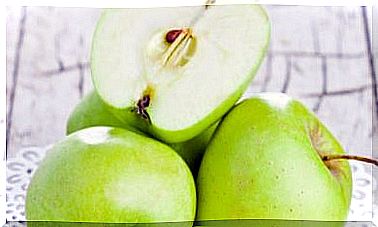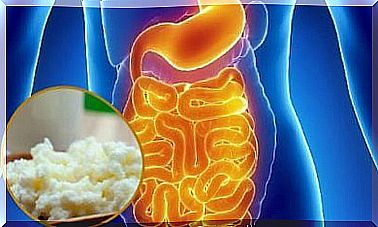3 Best Uses For Ginger
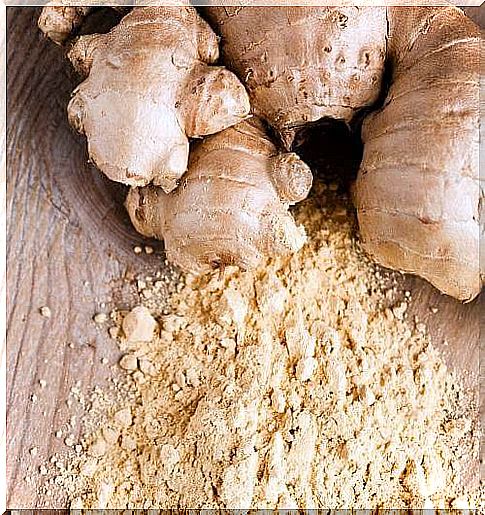
Ginger is a thick, gutty root that has been used for thousands of years in cooking and alternative medicine to treat many different ailments. Ginger is originally from the Asian region, where it has been cultivated for 3,000 years.
Ginger slowly spread from Asia to all over the world and today ginger is available in almost every grocery store. Ginger can be used in cooking and is especially popular in Indian and Thai dishes, for example.
Ginger is suitable for savory and sweet foods, it is available fresh, dried and even sugared. The taste of ginger is aromaticly pungent and spicy, warming and refreshing, and it is rich in nutrients that are good for health.
In this article, we will give you instructions on three different ways to enjoy ginger and take advantage of its health effects.
Uses of ginger
Ginger tea

Ginger tea is one of the most popular ways to enjoy ginger and take advantage of its anti-inflammatory, antioxidant and analgesic effect. Ginger is ideally suited to repel crunches and pain, as well as relax the body at the end of a long day.
Ginger contains sludge ingredients such as capsaicin, beta-carotene, curcumin, salicylate and caffeic acid, all of which reduce pain and inflammation. Indeed, ginger is said to be one of nature’s best proprietary remedies against various inflammatory diseases.
Ingredients
- 1 tablespoon fresh grated ginger
- 2 dl boiling water
- 1 tablespoon honey
- Lemon juice (alternative ingredient)
Manufacturing
Grate a tablespoon of fresh ginger and add it to boiling water. Squeeze together the lemon juice and a drop of honey. You can replace the water with boiling milk if you want.
Use fresh for cooking
The spicy kick of ginger is perfect for many meals and recipes. Ginger usually doesn’t need to be used but to give a few cents a piece of flavor. Ginger can be crushed, grated or chopped.
For example, ginger can be added:
- For meat dishes
- For salads
- For rice
- For fish and seafood
- Use ginger oils to season
- In bread
- In biscuits
- In desserts
- In puddings
Ground, dried ginger
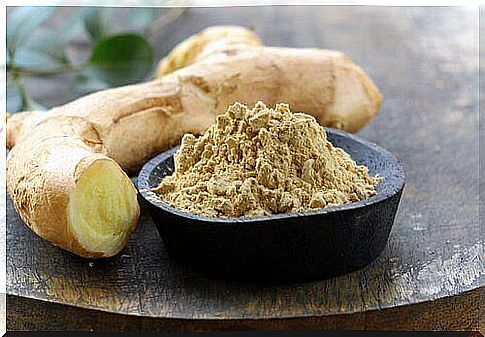
Ground ginger is often found on a spice rack, but ginger can also be ground using self-dried root. If you want to grind the ginger yourself, wash and dry it, dry in the sun or in the oven until all the liquid has echoed, cut into pieces and grind in a coffee grinder.
Ground ginger can be used:
- I make tea
- In juices and smoothies
- For seasoning food
- For seasoning salad dressings
What are the best properties of ginger?
Ginger is a proven strong anti-inflammatory ingredient that effectively relieves pain associated with various diseases and problems. It is particularly suitable, like an NSAID, for use directly on the skin and when ingested internally. Ginger contains antioxidants that are an important part of preventing free radicals and fighting disease.
The vitamins and minerals contained in ginger make it a great natural aid in improving health. It strengthens the body’s internal defense system and takes care of the body’s health holistically.
Ginger and resistance
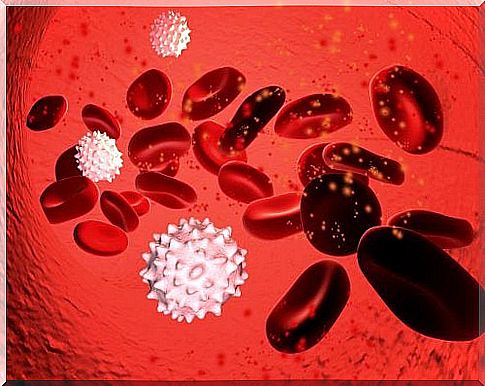
The properties of ginger help to strengthen the body’s internal defense mechanisms that keep diseases and illnesses at bay. Ginger increases the production of white blood cells and forms a protective wall against microorganisms. White blood cells (leukocytes) are part of the system by which the body defends itself against attacks from outside, such as viruses and bacteria.
Ginger relieves nausea and dizziness
Ginger can be used as a natural treatment for various stomach ailments such as nausea, dizziness, vomiting and diarrhea. According to Natural Standard , there is scientific evidence that ginger relieves nausea and vomiting during pregnancy, but only when consumed in small amounts in the short term.
Ginger prevents migraines
The soothing and pain-relieving effect of ginger relieves neck and muscle tension, which can often lead to a migraine attack or headache. Ginger can be rubbed on sore muscles as its spiciness enhances blood circulation and relieves muscle tension.
Ginger burns fat
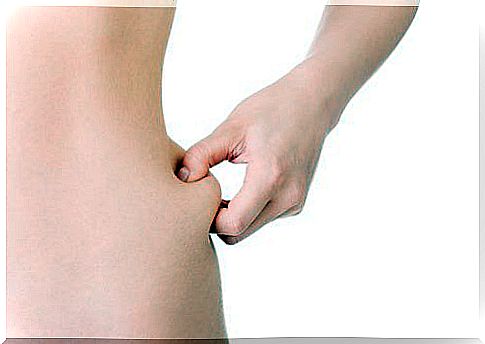
The University of Maastricht in the Netherlands studied the effects of ginger and came to the conclusion that ginger accelerates metabolism and helps the body burn fat more easily and faster. Thus, ginger can be helpful in dieting and removing excess adipose tissue.
The metabolic-boosting effect of ginger arises from its thermogenic, or heat-generating, property, which increases the body’s ability to burn fat. In addition, ginger stays saturated for a long time and creates a feeling of fullness, which prevents overeating.
Ginger has the potential to have an anti-cancer effect
As we mentioned earlier in this article, ginger has a lot of antioxidants. Ingestion of antioxidants is a good way to protect against cancer. For example, ginger has an inhibitory effect on the growth of cancer cells that cause ovarian cancer, according to a study conducted at the U.S. Cancer Research Center in Michigan.
Cancer can never be prevented with 100% certainty, but a healthy lifestyle and certain foods can help.


